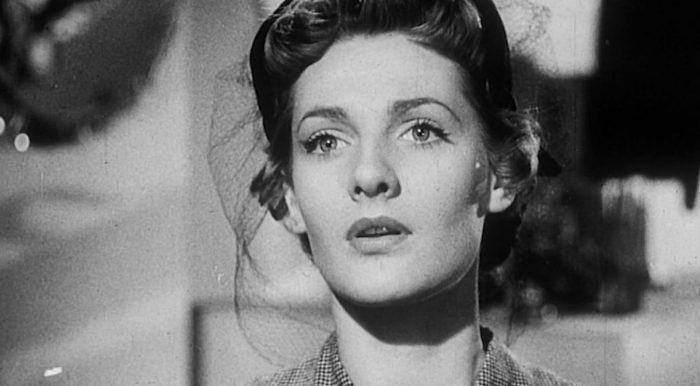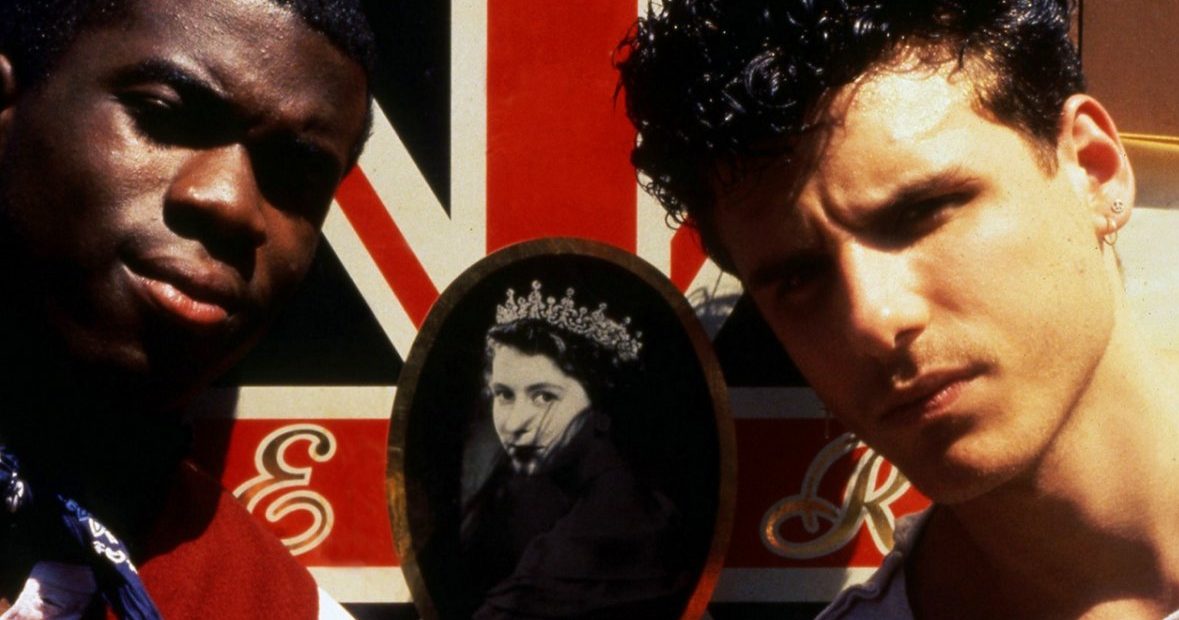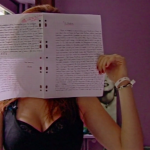Director: Daisy Asquith
Sensitive, cheeky and enriched with a healthy shot of self-awareness, Daisy Asquith’s kaleidoscopic Queerama is as much a reflection on the shifting status of LGBTQ people within the UK pop culture landscape – as both subjects and creators – as it is an ambitious summation of the corresponding societal changes in the last century or so. A loosely structured montage of decades-spanning archive footage, it’s perhaps of little surprise that the film doesn’t have a whole lot new to say, but the empathy and energy by which these images and ideas are edited together into a single piece make Queerama an entertaining and often poignant tribute to the progress made, as well as an implicit acknowledgement of the progress yet to be made.
Though there is no formal voiceover narration to Asquith’s cultural collage, the device finds more playful substitutes in the film’s pop soundtrack – which regularly benefits from the acerbic lyricism of John Grant – and the dated, amusingly starched narration from old documentary footage. The latter forms a vague framing device that serves a few noteworthy functions. As well as introducing new subjects for the film to explore (be it gay night life, or the threat of physical assault faced by the openly queer) and providing the odd piece of statistical data or historical context regarding British LGBTQ life, the narration also suggests a sly wink on Asquith’s part as she offers her own modern equivalent to these antiquated reports in the form of this very film.

While it’s easy to snigger at the old-fashioned voiceover and its naïve insights on ‘homosexuality’ (“Contrary to popular opinion, most of them don’t look any different from anyone else.”), Queerama doesn’t shy away from the harmful consequences of the widespread ignorance implied in these decades-old clips. Much of the film sees an intriguing push and pull between the hardships faced by members of the LGBTQ community, and the love and exuberance found even in tough times (the inevitable segment on HIV/AIDS is preceded by several minutes of sensual Goldfrapp-backed footage celebrating sexuality).
Though the structural looseness of Queerama generally proves liberating, there are also moments where the film seems at a loss for how best to use its 70-minute runtime, sometimes re-treading familiar points with another batch of footage. Luckily, Asquith’s fluid sense of style keeps Queerama watchable, even when it isn’t so revelatory. And for all the topical territory covered by Asquith’s colourful medley of pop culture excerpts – usually explicit in their queerness, but sometimes tellingly implicit – the film’s most exciting and richly supported insight is the one that is formed from its many independent pieces. That is, queerness has always been a part of British life, persisting in our neighbourhoods, films and TV shows whether we noticed or not.





